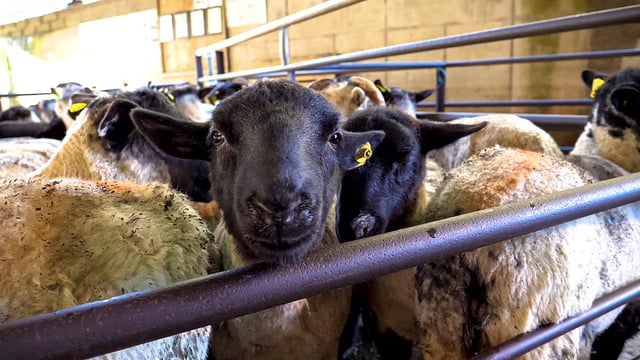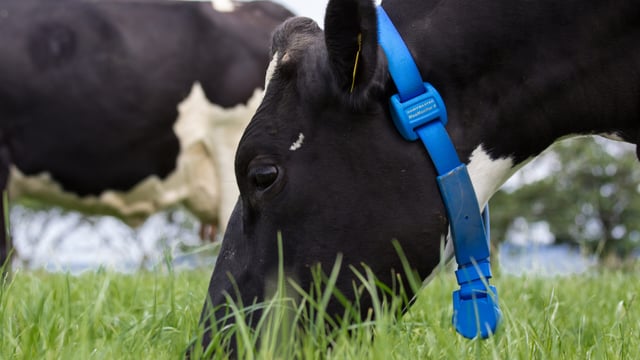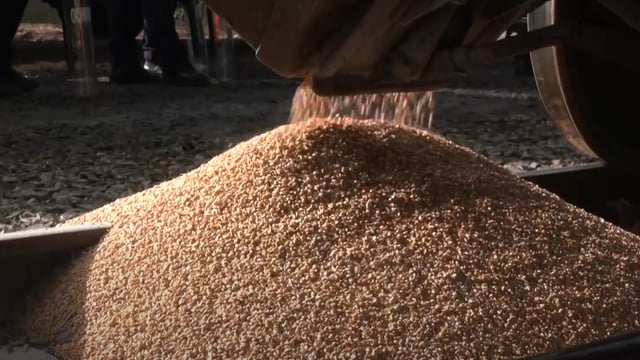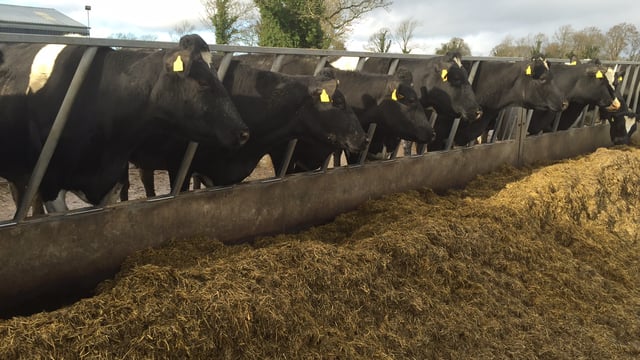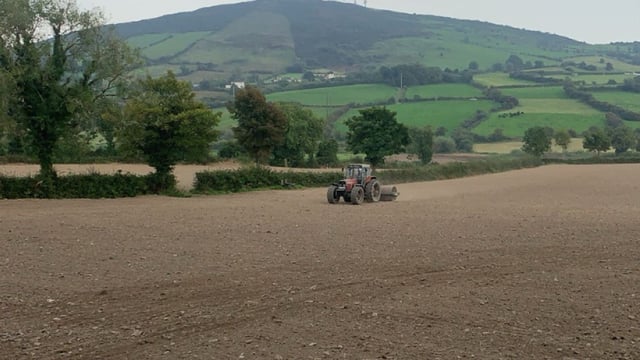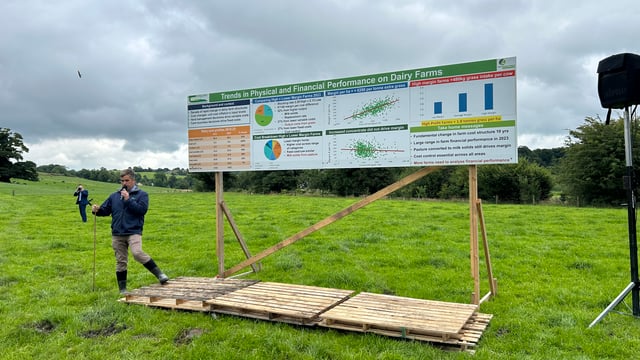Irish dairy farming 'at a crossroads' - Drennan
Irish dairy farming in 2024 is "at a crossroads", according to the president of the Irish Creamery Milk Suppliers' Association (ICMSA).
Writing in the latest newsletter of the European Milk Board (EMB), Denis Drennan said that the first half of the year has been characterised by poor weather conditions, high costs and an uncertain policy environment.
The EMB is a farm organisation representing EU dairy farmers. The ICMSA is one of its member organisations.
"The poor weather has been the most notable negative factor as we head into the second half of 2024.
"Even those parts of Ireland that normally escape the heaviest rainfall experienced record-breaking precipitation, and we have had livestock being housed in Ireland until April – a full month after they would normally be turned out to grass," Drennan said.
He added: "Ireland is well known for its grass-based system, and we had the challenge of cows being put out and then brought back into housing as the last of the spring rainstorms swept across the country."
According to Drennan, this has had a significant additional impact on the cost of production in Irish dairy farming, which is still high due to inflationary increases for fertiliser and energy.
"Many farmers had to buy surplus silage from neighbours or graze grass that was earmarked for forage. The cumulative effect of these impacts can be gauged by data that shows a dramatic fall in production of up to 10% compared to 2023."
The ICMSA president said: "What's remarkable is that at any other time or in any other circumstance, a fall of this magnitude would have buyers scrambling to buy forward as available volumes diminish, but not this year.
"Prices are inching upwards at a rate that bears no relation to what might be expected in light of this kind of double-digit fall in production," he added.
Commenting on government policy, Drennan said that the "regulatory ratchet is being turned steadily" , with the result that farmers are finding it difficult to scale up and produce more to offset the continuing pressure on margins.
"This dilemma can be directly attributed to the EU. They refuse to address unfair retailer dominance in the supply chain and relentless margin-grabbing. But they are prepared to immediately proceed with the regulatory curbs to production that prevent farmers from producing the volumes needed to offset the loss of margin.
"This is simply political and economic cowardice. If politicians even murmur about fairness towards farmers through margin reform and protection, retail corporations just raise the spectre of food inflation, and the cowed politicians immediately back off," he added.



